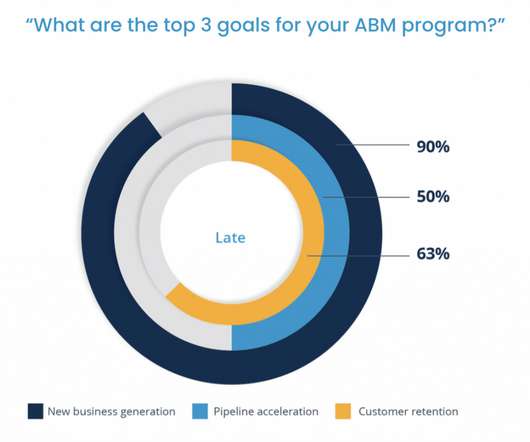How to Protect IP When Outsourcing Software Development
Up and Running
MARCH 12, 2019
For a lot of non-technical founders—that is, entrepreneurs with a business idea but without technical expertise— sourcing software development talent is critical. In many areas, however, the high demand for tech talent appears to be larger than the supply of qualified tech and software developers for hire. IP assignment clause.










































Let's personalize your content